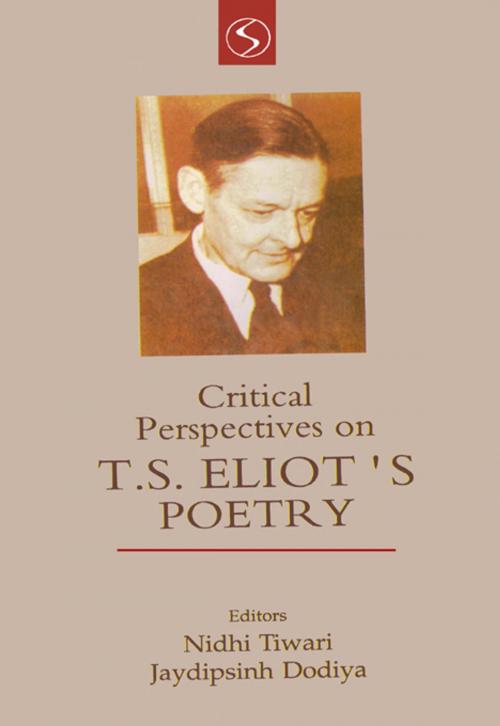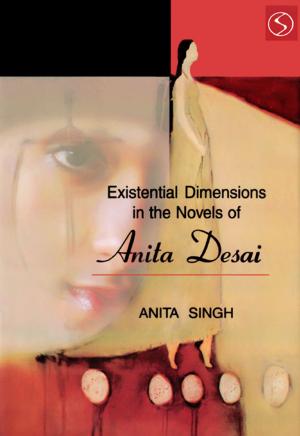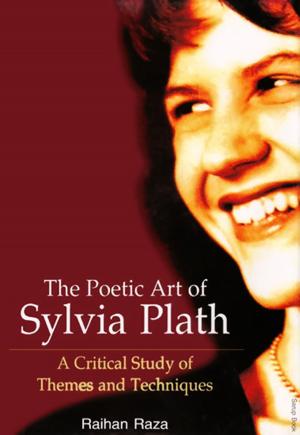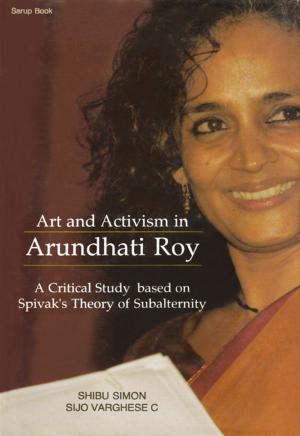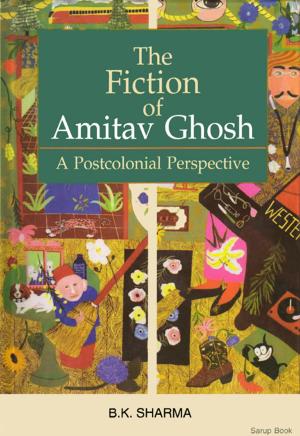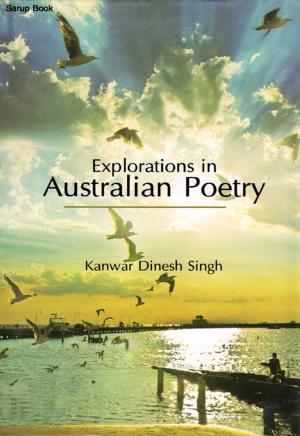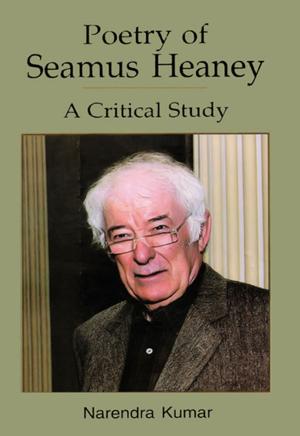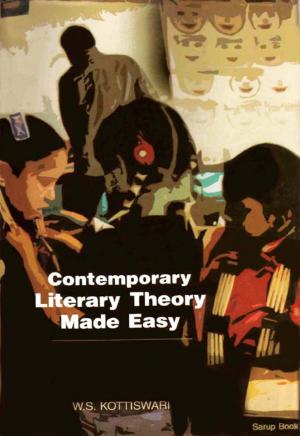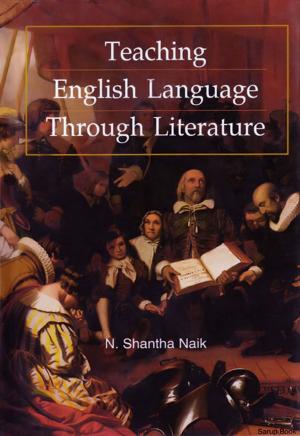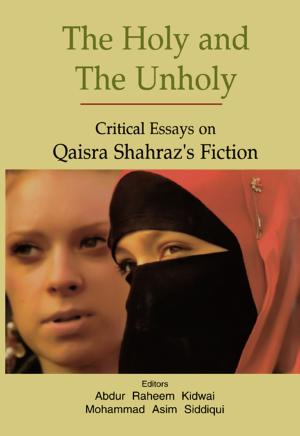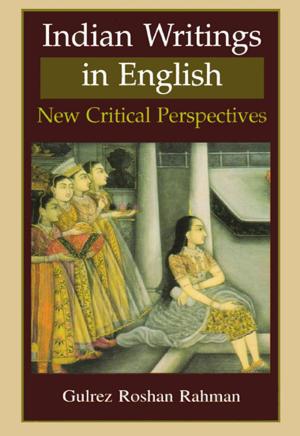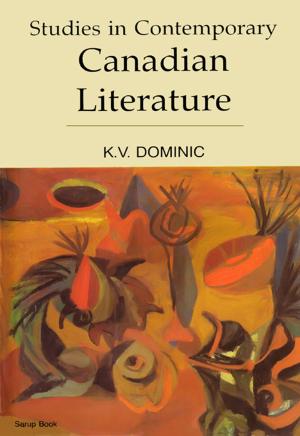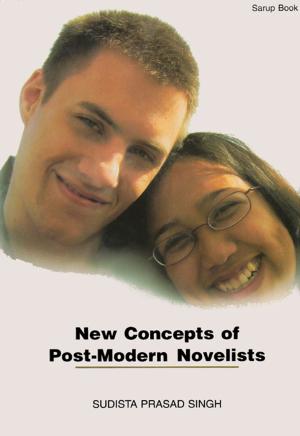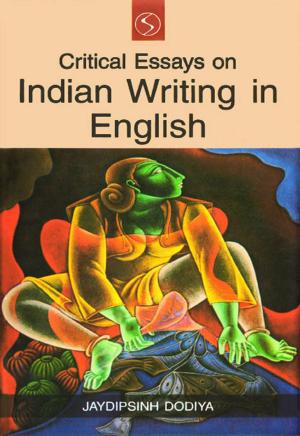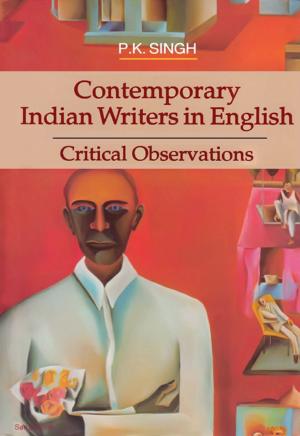Critical Perspectives on T.S. Eliot's Poetry
Science Fiction & Fantasy, Historical, Fiction & Literature, Fantasy| Author: | Nidhi Tiwari | ISBN: | 9781618205339 |
| Publisher: | Sarup Book Publisher | Publication: | January 19, 2005 |
| Imprint: | Sarup Book Publisher | Language: | English |
| Author: | Nidhi Tiwari |
| ISBN: | 9781618205339 |
| Publisher: | Sarup Book Publisher |
| Publication: | January 19, 2005 |
| Imprint: | Sarup Book Publisher |
| Language: | English |
This book Critical Perspectives on T.S. Eliots Poetry is the ceaseless exploration of the genius of T.S. Eliot by several scholastic minds. A. K. Awasthi reflects on the beliefs that influence T.S. Eliots mind in his paper T.S. Eliot: Poetry and Belief-A Reflection. How thought develops in the poets mind is explored in detail. The significance of Indian Philosophy and religion versus Christianity on Eliots life and works is carefully discussed. C. Sengupta brings to limelight the poems considered less important, yet having the depth of positive thought. His search is in the area of language and style employed in Marina and Journey of the Magi. The paper presents the incantatory and colloquial pattern of language in an interesting manner. Nidhi Tiwari revisits Eliots poetry through Buddhist Kaleidoscope. The quest for self is crucial in life. But when Buddhism points at Anatman, i.e. beyond self, It attracts sensitive genius like Eliot to probe deeper. The paper explores the influence of Buddhist concepts like suffering, Atman (self) and Anatman in Eliots Four Quartets.
This book Critical Perspectives on T.S. Eliots Poetry is the ceaseless exploration of the genius of T.S. Eliot by several scholastic minds. A. K. Awasthi reflects on the beliefs that influence T.S. Eliots mind in his paper T.S. Eliot: Poetry and Belief-A Reflection. How thought develops in the poets mind is explored in detail. The significance of Indian Philosophy and religion versus Christianity on Eliots life and works is carefully discussed. C. Sengupta brings to limelight the poems considered less important, yet having the depth of positive thought. His search is in the area of language and style employed in Marina and Journey of the Magi. The paper presents the incantatory and colloquial pattern of language in an interesting manner. Nidhi Tiwari revisits Eliots poetry through Buddhist Kaleidoscope. The quest for self is crucial in life. But when Buddhism points at Anatman, i.e. beyond self, It attracts sensitive genius like Eliot to probe deeper. The paper explores the influence of Buddhist concepts like suffering, Atman (self) and Anatman in Eliots Four Quartets.
